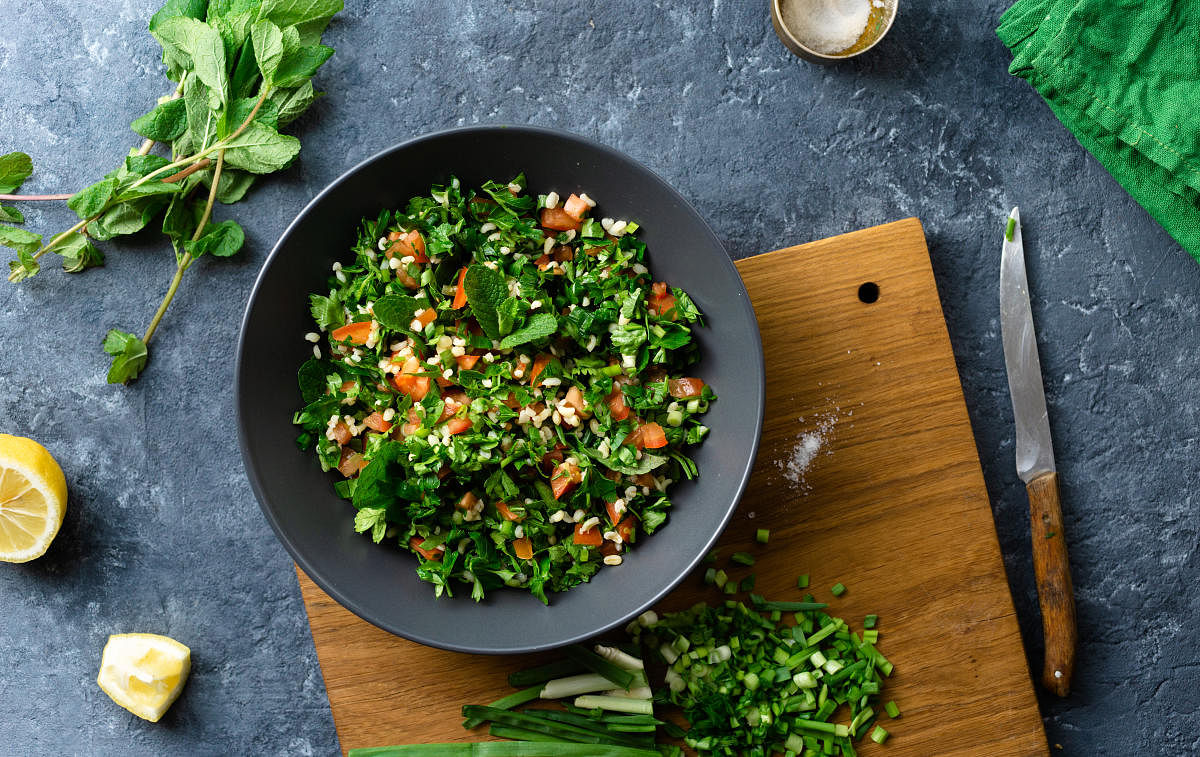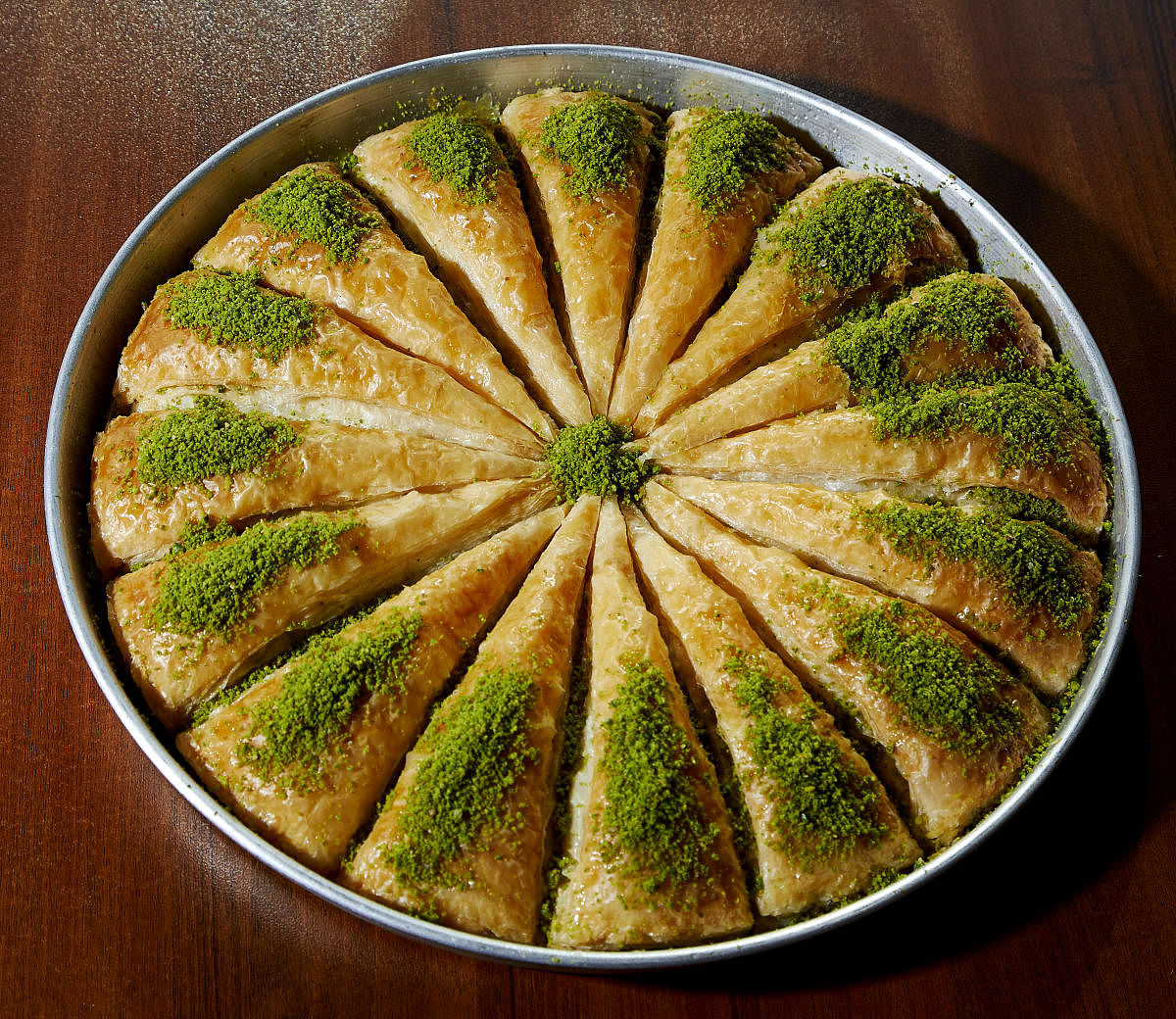

The first dish that pops up in our minds at the mention of Lebanese is hummus, right? A smooth and flavourful paste of chickpeas and a dash of lemon with other magical ingredients — hummus is considered one of the most loved appetisers all over the world. But fortunately, it’s not where the goodness of Lebanese cuisine ends. If anything, it only begins there!
High on spices, herbs, and fresh ingredients, Lebanese cuisine is all about healthy and wholesome dishes defined by their own distinct flavours. From hummus and falafel to tabbouleh salad and baklava, the Mediterraneans left no stone unturned in exploring hearty yet tasty dishes. Originally from Lebanon, the culinary style was also inspired by some western as well as eastern influences, along with the many rulers that reigned the country back in the day.
In fact, did you know that the Ottoman Empire was the one that first introduced baklava and pickled vegetables to Lebanon in the 16th century? Later, these dishes came to be some of the country’s cuisine staples. Did you also know that soon after this period, came the French, who again had a heavy influence over the country’s local food? Eventually today, this food comes with the elegance of the European culinary essence and the rich Middle Eastern spices and flavours. This definitely works in our favour!
It’s no news that the amalgamation of middle-eastern herbs and spices along with some of the most simple and healthy ingredients make this cuisine a hit. But, what exactly are these magical additives?
Parsley
Parsley is a leafy botanical variety that’s local to the eastern Mediterranean and is widely used in these cuisines. It comes with a grassy, curly texture, a slightly bitter taste, and is packed with health benefits. These leaves are often seen in salads like tabbouleh and also comes handy in use for garnishing in other dishes.
Za’atar
A traditional blend of ground za’atar — which is wild thyme native to the middle-east — dried sumac, salt, and sesame seeds is a seasoning element for Lebanese food. Mostly used in dips, bread, soft cheeses, roasted veggies, and more, za’atar comes with an irresistible taste and smell.
Sumac
This is a tangy and fragrant spice that is normally used as a garnish for a hint of lemon-like sourness and a pop of colour to a dish.
Pomegranate molasses
Another element used to add a pop of colour and some tanginess is pomegranate molasses, a sour and sweet garnish. It is ideally a thick reduction of fresh pomegranate juice, which is mixed into or drizzled over dishes.
Rose water
Carrying the essence of rose petals, rose water is basically flavoured water that is made through steam distillation. In this cuisine, it is mostly used to add that balancing taste in sweets like baklava and more.
Legumes and grains
Lebanese cuisine is also defined by its use of fresh vegetables, grains, and legumes. Ingredients like chickpeas, bulgur wheat, and lentils come packed with their own nutrients and proteins, adding a healthy punch to the cuisine.
Tahini paste
A paste made of ground sesame seeds, garlic, and olive oil, tahini is essential in dishes like hummus. It is a nutritious mix that is also usually added to desserts to balance out the flavours.
Orange blossom water
This flavoured water that is made of strong orange flowers, is another ingredient used to add a punch to desserts like baklava.
Sauces
Sauces like toum (garlic sauce), labneh (cream cheese-like thick yoghurt), and tarator (cucumber yoghurt with garlic) are served as dips with this cuisine. Shawarma, falafels, mezze platters, and other dishes also commonly come with a serving of these dishes.
All in all, Lebanese food is a healthful and lip-smacking culinary treat, loved by all and, certainly, wanted by all!
(The author is a chef.)